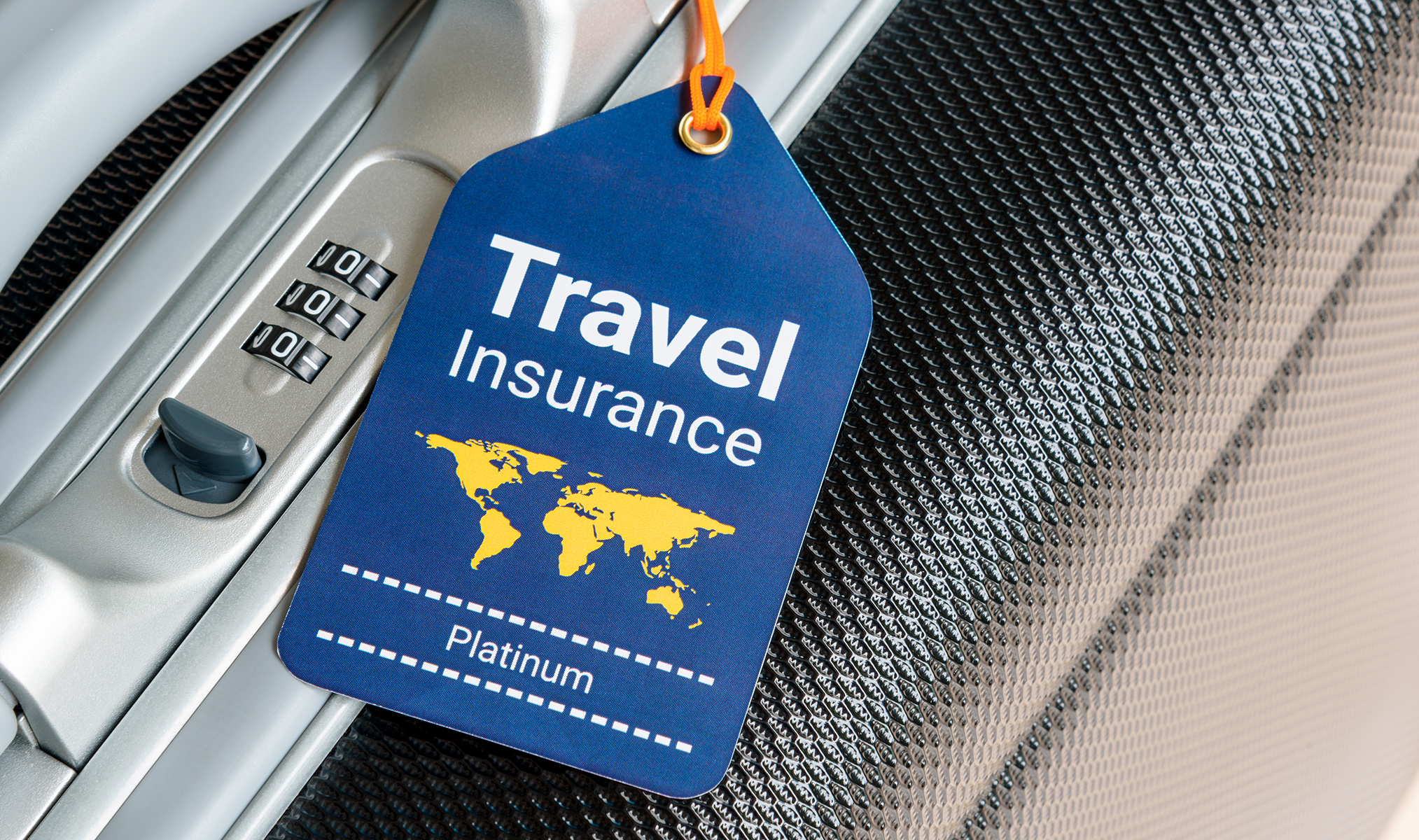Contents
- What is a business travel policy?
- Why business travel policies matter
- What’s included in a business travel policy
- Why you should audit your business travel policy
- Best practice: 9 ways to update your business travel policy
What is a business travel policy?
A corporate travel policy acts as guidelines for how employees should manage travel. Your policy should be in-depth and cover each step of the travel process, from submitting travel requests to receiving reimbursements for appropriate expenses. Most businesses use their travel policy to keep travel affordable and prevent expense fraud.
Every company should consider the type of travel their employees are likely to undertake and tailor their policy accordingly.
Corporate travel managers and finance teams will include any information on preferred airlines or accommodation providers that the company may have partnered with. Similarly, they may provide a step-by-step guide on booking travel through a specialized corporate travel platform with 24/7 customer support, like Roundtrip.
Every company takes its own approach to business travel. Netflix created a minimalistic expense policy, including for travel, telling employees to “act in Netflix’s best interests”. Some companies will place more trust in their employees, while others may have a smaller budget and need to closely monitor expenses.

Photo: RecCameraStock / Shutterstock.com
Why business travel policies matter
A corporate travel policy sets the guidelines for all employee travel on behalf of the business. It not only focuses on expenses, but also on employee wellness. Safety is crucial to consider, especially if your employees are traveling internationally or in potentially high-risk areas.
Regularly auditing your travel policy is part of your duty of care as an employer. Clear policies and a successful corporate travel program make your employees feel more comfortable and confident.
Every company’s travel policy is different. Businesses based in multiple locations with different offices may have employees travel back and forth, while others may travel strictly to meet clients. It’s best practice to have a travel policy, even if only a handful of employees are regularly traveling.

Photo: sommart sombutwanitkul / Shutterstock.com
What’s included in a business travel policy:
There are four main elements that make up a corporate travel policy: expenses (including reimbursement), non-refundable items, reporting, and safety.
- Expenses: The policy will state which expenses are directly paid for by the company or will be reimbursed. Such expenses include accommodation, airfare, rental cars, and client entertainment.
- Non-refundable items: It’s crucial that your policy states what your company will not accept as a reasonable expense during corporate travel. Flight upgrades, lost baggage, and any personal entertainment will be at the employee’s expense.
- Reporting: The policy should outline how employees can submit their expenses and what information needs to be included. Employees should also receive an estimate of how and when to expect their reimbursement.
- Safety: An unexpected crisis can happen anywhere, at any time. It’s important that your business travel policy includes safety procedures, including how to report issues to their direct management and handle potential disruptions.
Why you should audit your business travel policy
Auditing your corporate travel policy annually presents an opportunity to take on board feedback from employees and address any problems. Travel expenses can be a financial – and operational – headache for businesses of every size. Regular auditing provides an opportunity to control costs, ensure corporate travel aligns with departmental budgets, and that expense submissions are being completed correctly.
Your travel policy will align with the platforms and technology that you use, from booking platforms to expense approval software. Auditing improves your company’s efficiency, providing step-by-step guidelines on booking travel and setting clear expectations for employees. Having an effective travel policy helps to support your employees and can positively impact other areas of your business, from employee satisfaction to sustainability.

Photo: OSABEE / Shutterstock.com
Best practice: 9 ways to update your business travel policy
Every company’s travel policy will be different, but our best practice tips below will help you curate a policy that works for your employees and your bottom line. Whether you’re developing a policy for the first time or auditing your travel expense system, following these best practice tips will keep your corporate travel policy relevant, up-to-date, and proactive.
1. Review your expense policy
It’s best to think of your travel policy as a “living” document, interacting with other relevant documents. The most important of these documents is your business expense policy, which should also include travel expenses.
It’s important to consider your expense policy when developing or auditing your travel policy, including what is considered a qualifying expense.
Check in with the managers involved with approving these expenses and take onboard their feedback. Look for opportunities to streamline or create a more efficient expense system using automation.
2. Audit regularly to minimize errors
Auditing isn’t easy, even if you have a resilient reporting system. It can be a difficult and time-consuming process. It’s important to avoid over-emphasizing the need for auditing as doing these too regularly can cause trust issues with employees and add to your workload.

Photo: Mohamed_hassan / pixabay.com
Depending on your company size, annual or semi-annual audits are ideal with regular checks on expenses prior to reimbursement. Approach your travel policy as a collaborative exercise with managers and the financial team adding an extra layer of checks by monitoring expenses.
3. Go into detail with your travel policy
Your travel policy should be detailed, concise, and easy to follow. Structure your travel policy as a set of guidelines, defining what each stakeholder is responsible for. Make your travel policy easily accessible and ensure it stays up to date with your expense policy and booking preferences.
4. Use automated software for expenses
An efficient corporate travel policy is supported by a streamlined expense process. Automating expenses makes the process more transparent for both employees and management.
An automated expense system also makes your eventual auditing more straightforward by keeping all the information, including expense approval, centralized.
At Roundtrip, our downloadable invoices and reports make it easy to submit expenses in just minutes.
5. Establish approval policies
It’s best practice for your travel policy to have a multi-level approval process at its center. While the employee’s direct-line manager may initially approve the expense, having a second layer of approval can help minimize risks and potential fraud.

Photo: RonaldCandonga /pixabay.com
6. Overview the booking and reservation system
If your employees travel frequently, you should have a preferred booking or reservation system in place to streamline bookings. At Roundtrip, our corporate booking platform enables your employees to book their own travel with a mass upload tool or with an initiation link. Travel managers can grant employees specific rights for using our booking system, in line with their company’s travel policies.
7. Consider risk management
Developing and auditing your business travel policy is a form of risk management. It’s important for safeguarding the wellbeing and safety of your employees while traveling, from providing travel insurance to setting expectations for communication.
A travel policy minimizes your risk of expense fraud, but also provides an opportunity to implement proactive policies. What should your employees do if an emergency occurs while traveling? Consider how to implement risk management strategies into your travel policy.

Photo: William Potter / Shutterstock.com
8. Adapt with technology
Technology is evolving on an almost daily basis. If your company implements new technology, update your travel policy accordingly.
Don’t forget to consider general technology changes, like the growing move towards contactless payments and using rideshare apps instead of traditional taxis.
9. Align with employee behavior
Always consider the behavior – and general preferences – of your employees when updating your travel policy. Most organizations, and employees, prefer to use a company card for travel expenses, rather than the employee being reimbursed after the payment is made. Providing your employees with a company card, with strict guidelines on acceptable usage in your travel policy, can boost morale and improve employee satisfaction.

Photo: gpointstudio / freepik.com
Simplify corporate travel with Roundtrip
Remove the headaches of separate booking platforms and spending hours scrolling for the best deal. Roundtrip is your partner in creating stress-free corporate travel itineraries with access to the best rates on 2.5 million hotels, transfers, car rentals, and airline tickets.
Get started with Roundtrip today to radically simplify your travel planning.
Cover image: lukasbieri /pixabay.com


